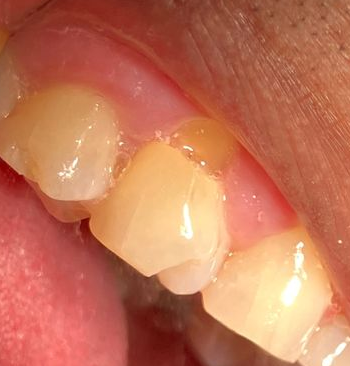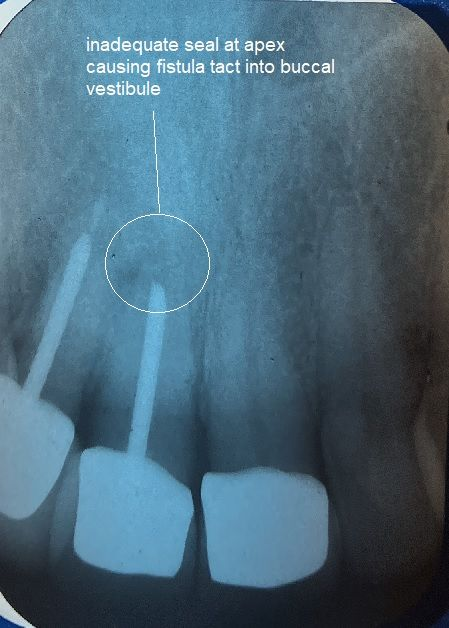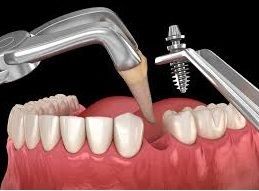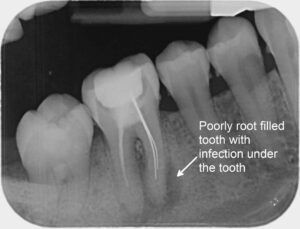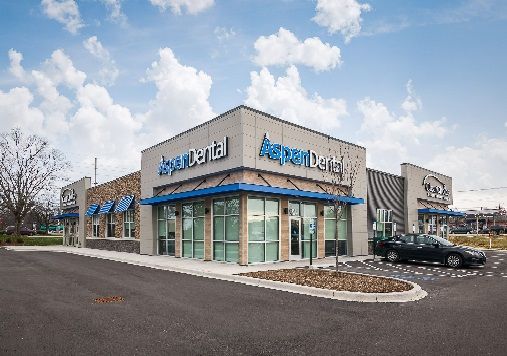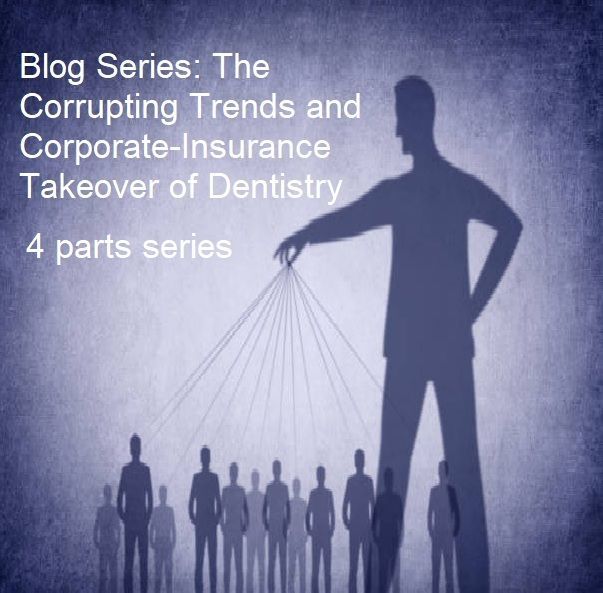A root canal surgery eliminates bacteria from the infected root canal. During the procedure, your dentist will clear out any dead pulp inside of the tooth, replace it with filling material, then seal and secure it with a crown. Sometimes, additional surgery is necessary to remove infected tissue from the tip or apex of the tooth. It's a simple procedure that requires a small incision and stitches. As with any procedure, there's a certain set of instructions you'll need to follow after your root canal surgery to ensure a fast and easy healing process. If you're wondering what you can eat after a root canal, you're not alone—it's one of the first questions that most people ask. Let's go over what you can and can't eat immediately following your surgery and some important aftercare tips you should follow to make the healing process easier.
What to Eat After a Root Canal
If you're planning to eat immediately after surgery, make sure to:
- Wait until the numbness from the anesthetic has completely worn off.
- Eat soft foods that don't require a lot of chewing.
- Eat slowly.
- Avoid any food and drink that’s excessively hot.
In general, you should stick to soft, cold foods until the crown and reinforcement treatments are completed. Thankfully, there's a long list of delicious foods that you can still enjoy, including:
- Fruits
- Soft cereals
- Yogurt, milkshakes, and ice cream
- Pudding
- Eggs
- Tofu
- Soup
- Tuna salad
- Humus
- Mashed vegetables
- Pancakes
- Sushi
- Oatmeal and cream of wheat
- Pasta and noodles
What Not to Eat After a Root Canal
To avoid complicating the healing process, you'll want to avoid foods and drinks that are:
- Crunchy: These can damage the teeth and cause unnecessary pain.
- Chewy: These can pull out the temporary filling.
- Hard: These can damage the tooth and the surgical site, leading to unnecessary pain.
- Alcoholic: These can increase bleeding.
- Hot: These can increase sensitivity.
- Spicy: These can cause heightened discomfort or sensitivity.
Root Canal Aftercare
Now that you know what you can eat after a root canal let's go over some other important aftercare tips. It's important to take care of your teeth after your procedure. Following the aftercare procedures recommended by your dentist will help prevent any complications down the line. You can return to your regular brushing and flossing routine after your surgery, but make sure to be careful around sensitive areas. Avoid pulling the floss up near your temporary filling or crown, which can pull it out. Experiencing slight discomfort after your surgery is normal. Your dentist might recommend over-the-counter medication to help alleviate your symptoms. If you're in need of a quick fix, rinsing your mouth with lukewarm salt water can temporarily relieve any discomfort.
If you need root canal treatment in Riverview, Florida , contact Dr. Chris Castellano to learn more about our dental services or schedule an appointment. We'll make sure you leave our offices with healthy teeth and a bright, winning smile!



